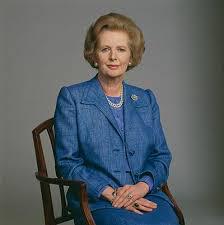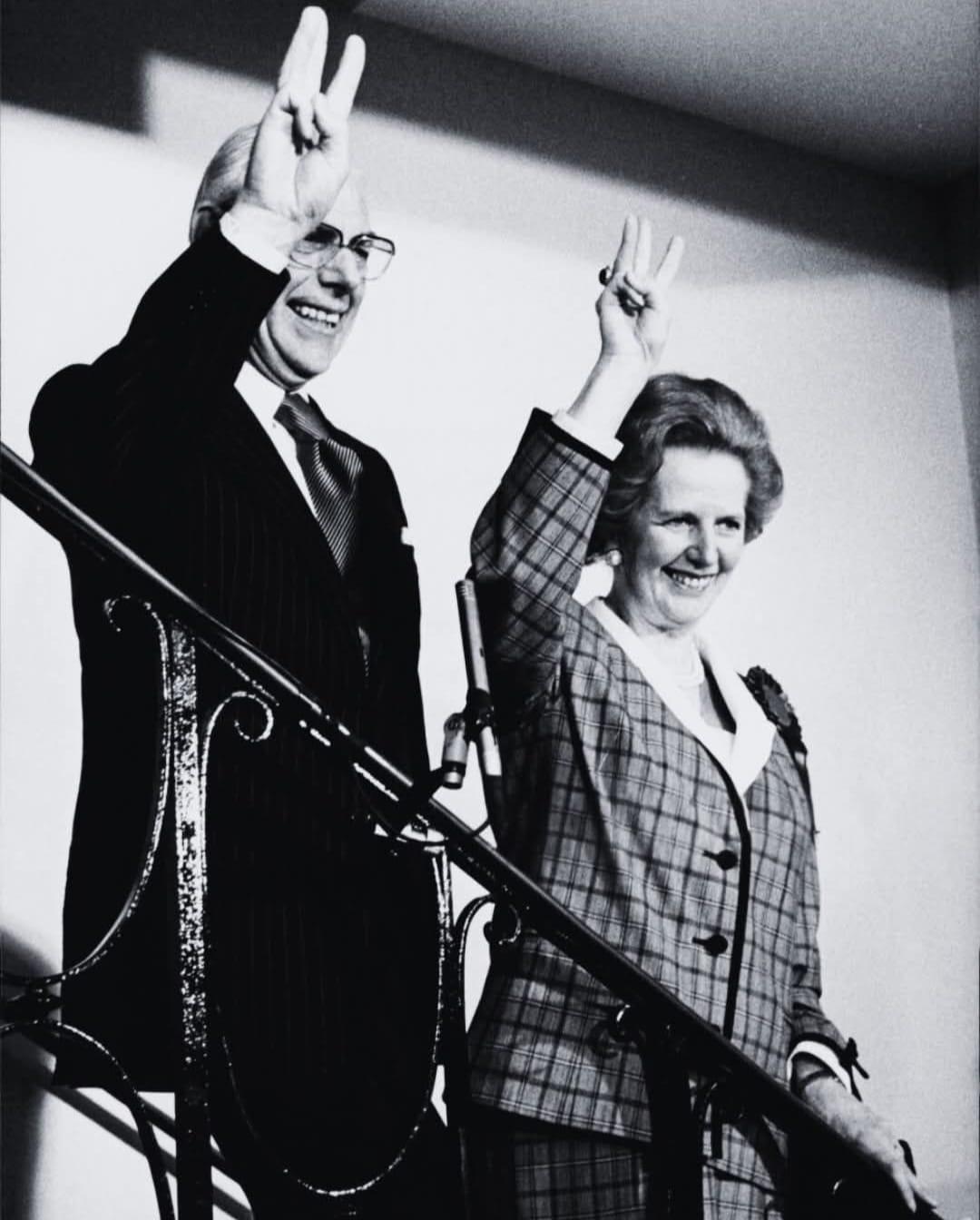The iron Lady!
"Don't follow the crowd, let the crowd follow you"
Baroness Margaret Thatcher, the 'Iron Lady', was the first female British Prime Minister and the longest serving PM for over 150 years.Margaret Thatcher was a controversial figurehead of conservative ideology. Core tenets of "Thatcherism," fundamentally altered the range of what was considered politically possible, creating a new political landscape that politicians still navigate and debate today.
She was called the "Iron Lady" due to her tough, uncompromising leadership style and strong anti-communist stance. As Leader of the Opposition in 1976, Thatcher gave a speech warning that the Soviet Union was "bent on world domination".Her confrontational, "conviction" style of leadership provoked a response from a Soviet military newspaper, the Red Star, whose journalist, Yuri Gavrilov, sarcastically dubbed her the "Iron Lady".
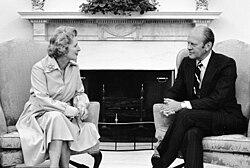
Instead of taking offense, Thatcher regarded the nickname with amusement and pride and in a speech shortly afterward announced, "I stand before you tonight in my Red Star chiffon evening gown, my face softly made up... the Iron Lady of the Western world.

Thatcher's public image as the uncompromising "Iron Lady" was seen by many as lacking empathy. Her statement "When I'm out of politics I'm going to run a business, it'll be called rent-a-spine" along with her controversial 1988 remark that "there is no such thing as society" was interpreted by critics as evidence of a cold and uncaring ideology focused on individualism. She was unceremoniously booted out of office, portrayed as a complete enemy of the welfare state, which, along with full employment, formed the heart of the 'post-war Britain.
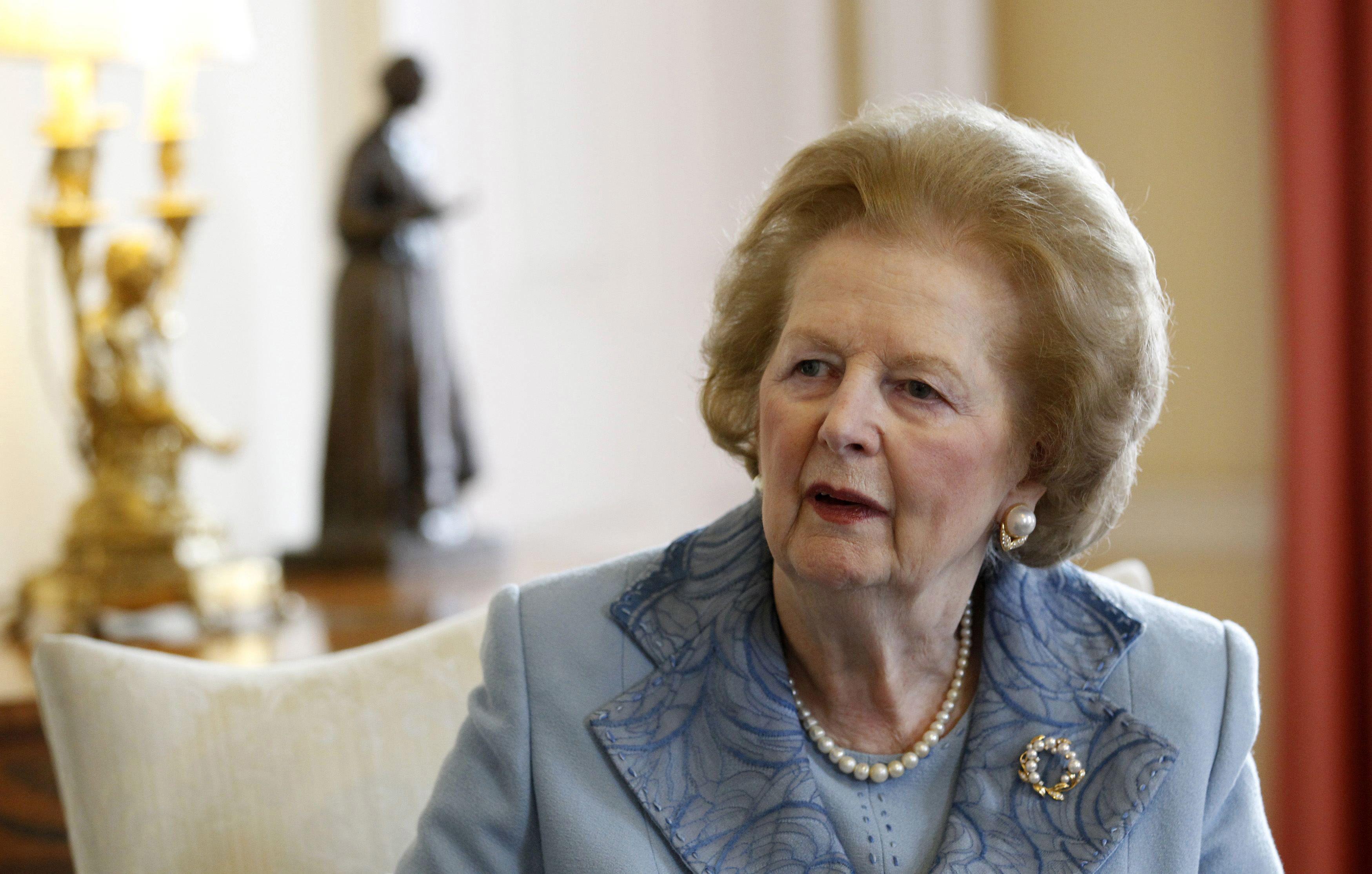
She was born a hundred years ago on 13th October 1925, but even after all that time, her shadow still hovers over British political life: as a lodestar in the mythology of the Tory right; and as a hate figure for many on the left.Irrespective of personal politics, few would dispute Lady Margaret Thatcher's profound influence, the power of her presentation and strength of her conviction. In her own words " If you set out to be liked, you will accomplish nothing".
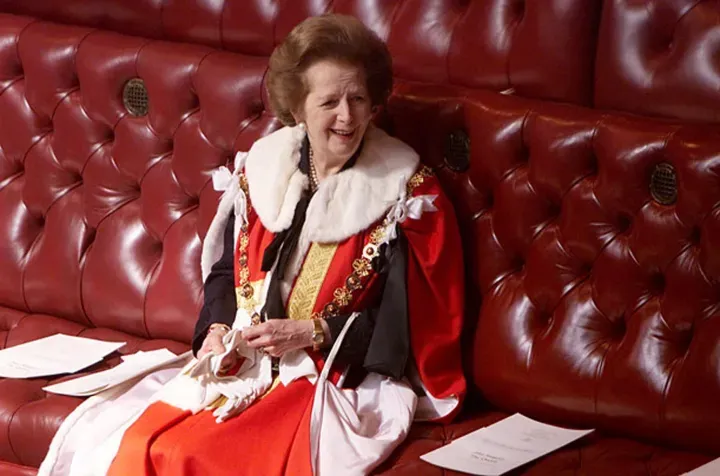
Her strong Eurosceptic stance towards the end of her premiership helped entrench this view within the Conservative Party and is seen as a forerunner to the UK's eventual departure from the European Union (Brexit). Between 1979 and 1990, the United Kingdom was not ruled by one woman, but by two. To say that the relationship between Queen Elizabeth II and Margaret Thatcher was difficult is an understatement.

Queen Elizabeth II and Margaret Thatcher, her prime minister from 1979 to 1990, had a turbulent relationship – both publicly and privately. It was famously complex, marked by profound differences in class, personality, and politics. The two leaders were the same age approximately and had a surprising amount of things in common.
Both idolized their fathers, tended to distrust women, and professed an unwavering patriotism and desire for continuity. "Maggie" was a staunch royalist and her shyness echoed that of the sovereign, though the former compensated for it with aggression and the latter with reserve.

Yet a world separated the Grantham grocer's daughter and the aristocrat. Much of the tension between the two women stemmed from their vastly different backgrounds and temperaments. Queen Elizabeth II was raised in the royal family, with a life of inherited wealth and tradition. Thatcher, the daughter of a grocer, was a self-made woman who came from a more modest background. This class divide created deep-seated insecurities in Thatcher .
Personality-wise, the two women were different too and according to their courtiers, the Queen is said to possess a dry wit, while Thatcher was said to lack a sense of humour.However,much later in life, the queen attended Thatcher’s 80th birthday party, as well as her funeral in 2013. This last move was a break from royal protocol. Such a display was depicted as a sign of the queen’s deep respect for a woman she may have differed from, but nevertheless shared an important connection with.100 years after she was born on 13 October 1925,The Tory celebrations will include a glittering dinner at the historic Guildhall in the City of London attended by a galaxy of A-list celebrities and veteran Tory grandees.
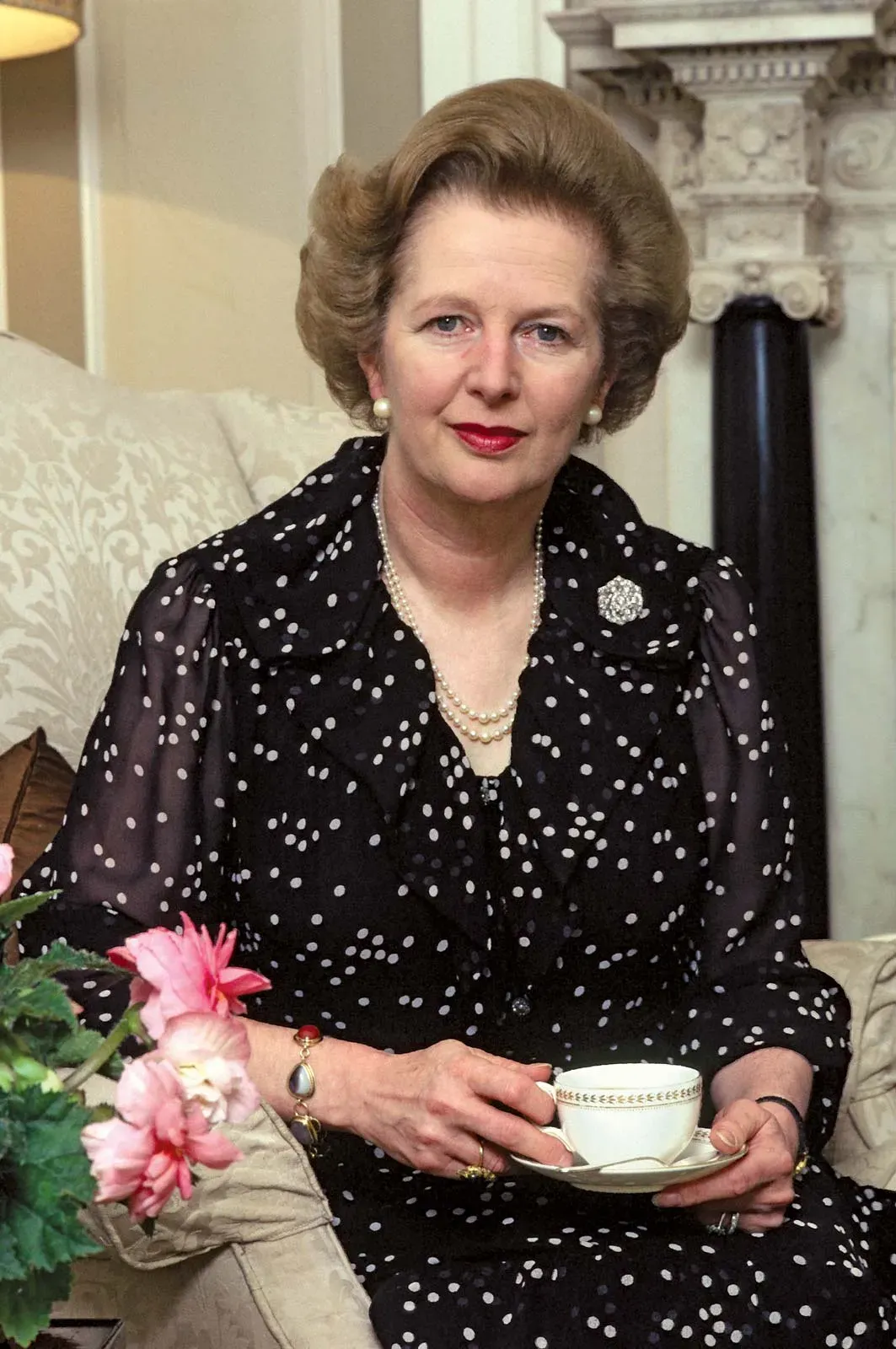
She remains the only British prime minister in the 20th century to win three consecutive terms and, at the time of her resignation, Britain’s longest continuously serving prime minister since 1827 and became, by personality as much as achievement, the most renowned British political leader since Winston Churchill. As Eleanor Roosevelt said "A woman is like a tea bag: You can't tell how strong she is until you put her in hot water."
Note:(pics from internet for illustration only)
Comments (6)






